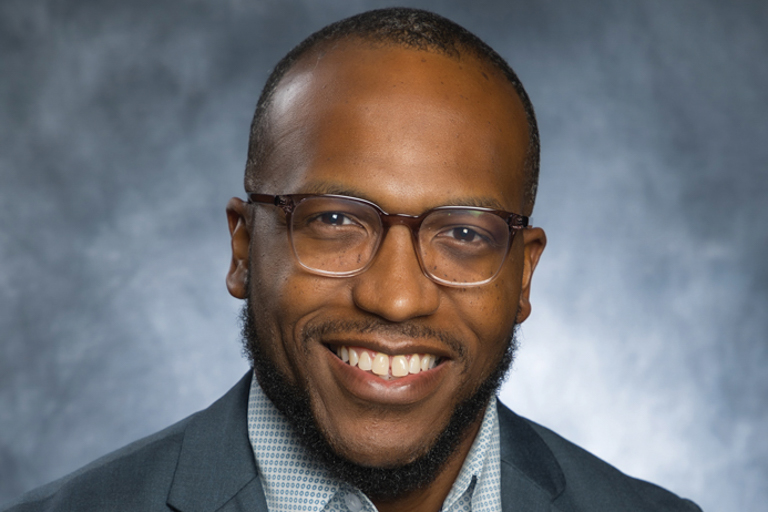Discharging Olive Branches
Kirk D. Farney, Vice President for Advancement, Vocation, and Alumni Engagement

Dr. Kirk Farney
Photo by Mike Hudson
As we contemplate the Savior’s birth in a stable and recall the coming of the Holy One in gentle flesh, as we sing of a “Silent Night, Holy Night,” where “all is calm, all is bright,” or of a “Little Town of Bethlehem,” where “still we see thee lie,” the contrast of that setting with our present cacophony is striking. Today, we find ourselves in an extended season when civil discussion and free exchange of ideas have been replaced by polarized invective, shutting down any serious interest in opposing opinions or genuine discourse.
While all of this is disturbing generally, it is especially disappointing to see these trends manifest themselves among those who declare allegiance to the occupant of the manger. Across political and theological arenas, those claiming to speak “truth in love” present a rather parochial version of the former and a well-camouflaged version of the latter. Vitriol and condemnations are one thing. Framing such rhetorical modes “in Christ” is jarringly incongruous. While Jesus unleashed righteous wrath on temple money changers, exercising our own self-perceived “righteous wrath” is perilous.
“Blessed are the peacemakers,” promises our Lord. And I suspect that most of us see ourselves as peacemakers or aspire so to be. Yet are we peacemakers only once our opponents acknowledge their wrongheaded opinions?
During the 19th-century English “Oxford Movement,” theological tensions arose between prominent scholarly clerics. Anglican Edward Pusey became increasingly polemical toward opposing former colleagues, prompting his friend John Henry Newman to admonish: “You discharge your olive branch as if from a catapult.”
To be clear, Newman did not advocate muted religious convictions or reluctance to boldly state opinions. To him, thoughtful debates on such matters were the hallmarks of a sound education—a liberal arts education. But for any disagreement to have purpose, it needed to be discussed with civility and open-mindedness.
Wheaton remains committed to fostering productive, edifying discourse on our campus. We endeavor to inculcate such habits in our students so that as they graduate, they will join generations of alumni in modeling such behaviors. Grace and peace to you at the Advent of the Prince of Peace.




